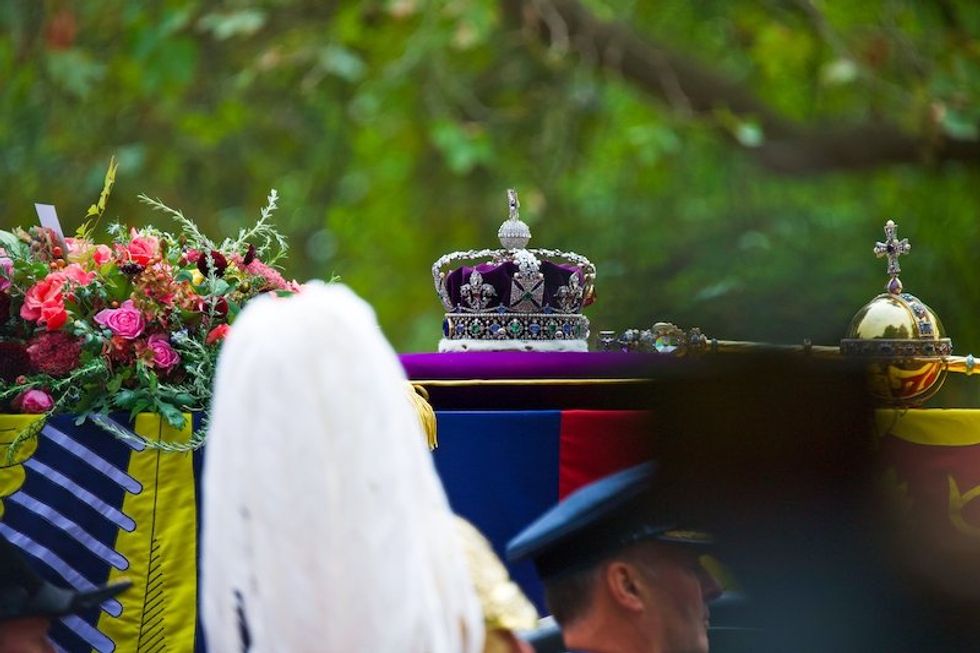The coronation of King Charles III has brought to light a controversial issue that has long been simmering beneath the surface – the ownership of the world’s largest diamond, the First Star of Africa. Unearthed in 1905 in South Africa, the 530-carat diamond has been a symbol of British royalty for over a century, adorning the scepter of every reigning monarch during their coronation ceremony.
However, as calls for decolonization and restitution grow louder around the world, the question of who truly owns the First Star of Africa has come into sharp focus. Many argue that the diamond rightfully belongs to the people of South Africa, who have been historically marginalized and exploited by British colonial rule. The donation of the diamond to King Edward VII in 1907 was seen as a token of submission and servitude, a symbol of British dominance over the mineral-rich land of South Africa.
Now, as King Charles III prepares to wield the scepter with the First Star of Africa at his coronation, the debate over the diamond’s ownership has reached a fever pitch. Lawmakers in South Africa are calling for the return of the diamond to its rightful owners, citing the need to rectify historical injustices and honor the sovereignty of the South African people.
The issue of the First Star of Africa is not just a matter of symbolism or tradition – it has real implications for the people of South Africa and the world at large. Returning the diamond to South Africa would be a powerful gesture of reconciliation and a step towards healing the wounds of the past. It would also send a clear message to the world that colonial-era exploitation and subjugation will no longer be tolerated.
For the people of South Africa, the return of the First Star of Africa would be a powerful symbol of their resilience and determination to reclaim their rightful heritage. It would be a sign that their voices have been heard and their struggles have not been forgotten. It would be a moment of closure and healing, a chance to turn the page on a dark chapter of history and begin anew.
On a global scale, the return of the First Star of Africa would have far-reaching implications for the fight against colonialism and imperialism. It would signal a shift towards a more just and equitable world, where the resources of the earth are shared fairly and equitably among all nations. It would set a precedent for future restitution efforts and pave the way for a more inclusive and respectful global community.
In conclusion, the coronation of King Charles III has reignited a long-standing debate over the ownership of the First Star of Africa. The diamond, a symbol of British royalty, holds deep historical significance for both South Africa and the world. The calls for its return to South Africa are growing louder, fueled by a desire for justice, reconciliation, and accountability. The outcome of this debate will not only impact the people of South Africa but also send a powerful message to the world about the need to confront the legacies of colonialism and work towards a more just and equitable future.




